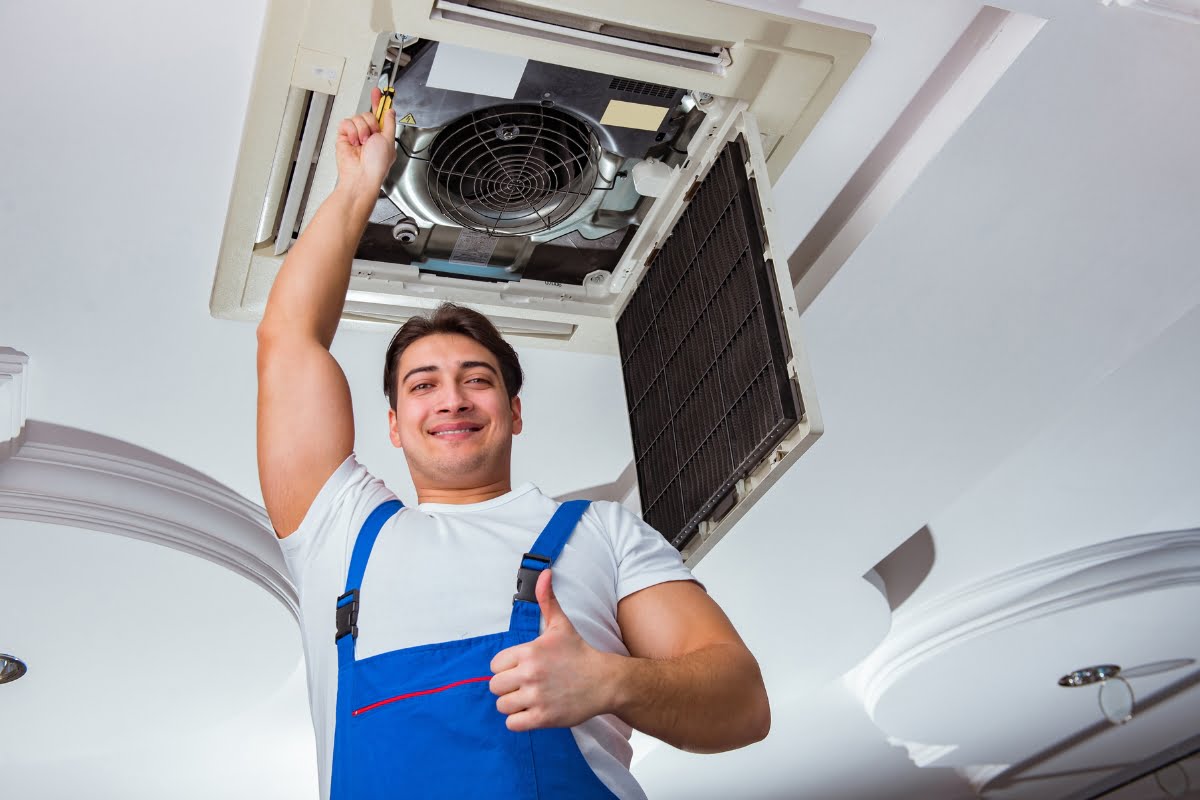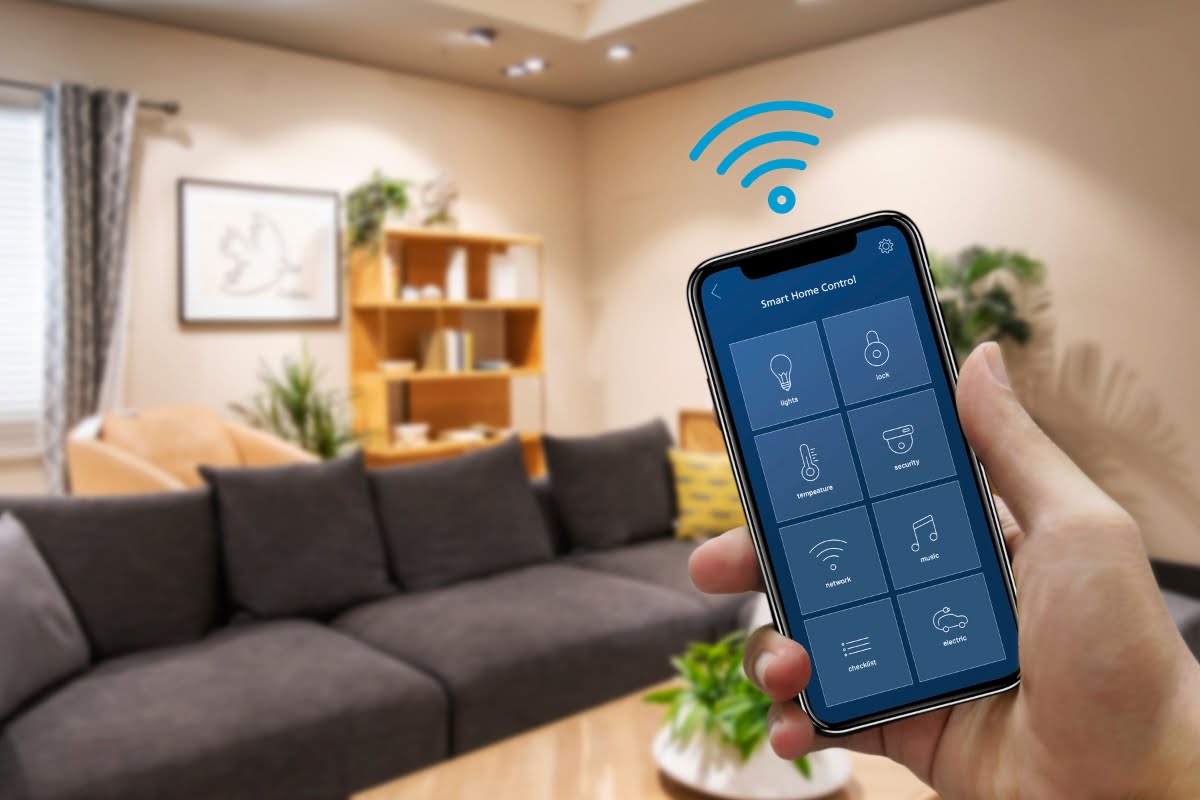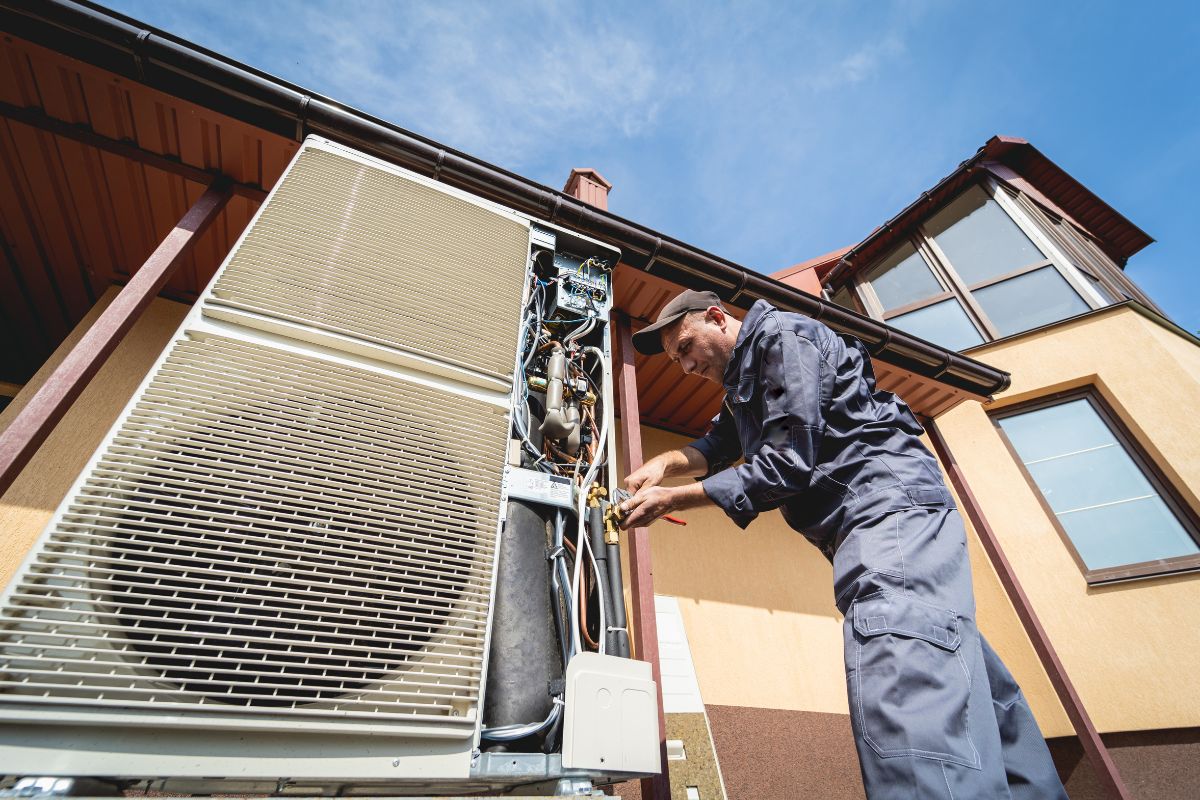When purchasing a home, a thorough inspection is crucial to avoid costly surprises down the road. One of the most critical aspects of this process is evaluating the HVAC system, which plays a significant role in the comfort, energy efficiency, and long-term value of a property.
For savvy homebuyers, mastering the secrets of an HVAC real estate inspection can make all the difference in making an informed decision. In this guide, we’ll reveal the key HVAC inspection tips and strategies that every homebuyer should know.
From assessing the age and condition of the system to understanding maintenance records and identifying potential issues, learn how to navigate HVAC pro inspections like a pro and ensure your investment is sound.
Buying a Home? Discover the Importance of Real Estate HVAC Inspections
Understanding the Vital Role of HVAC Systems in Real Estate
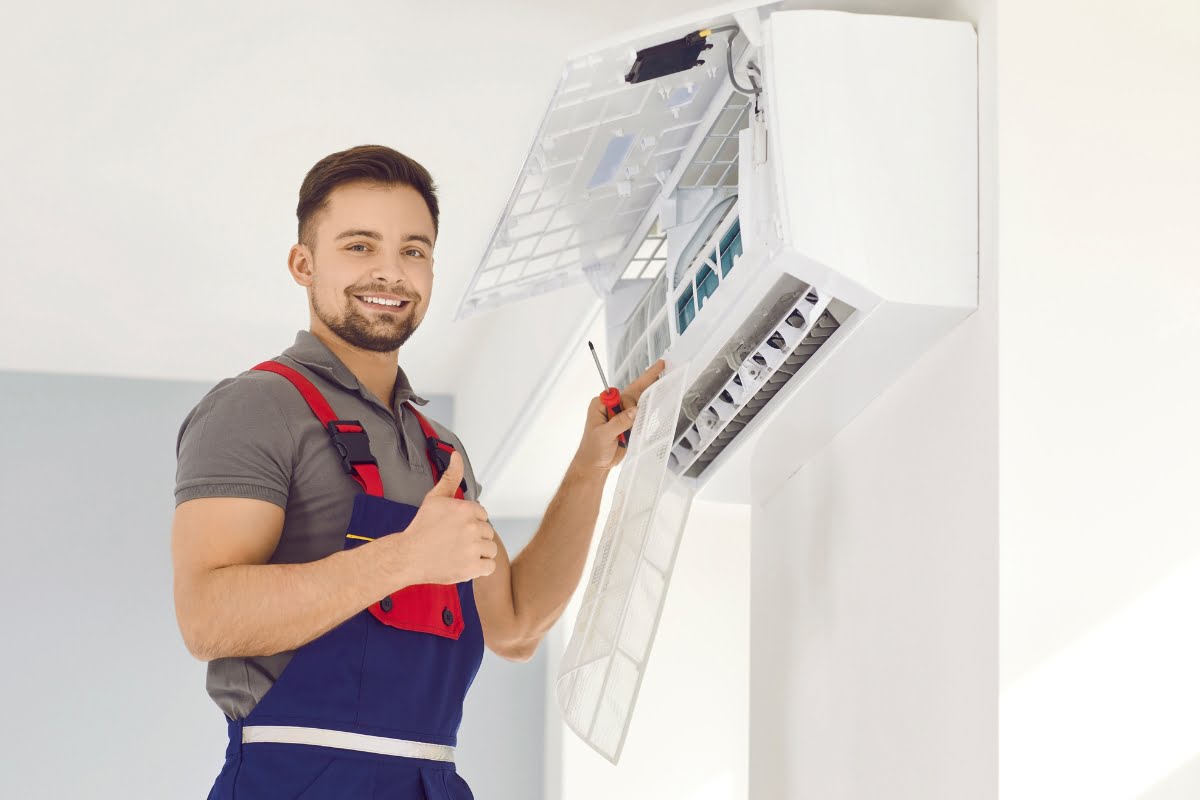
HVAC systems are integral to the comfort, efficiency, and value of a property. A functional and efficient HVAC system is a significant selling point, as it can ensure comfortable living conditions throughout the year while keeping energy costs manageable.
On the other hand, an outdated or malfunctioning system can be a major red flag for potential buyers, signaling future expenses and discomfort. For homeowners, a well-maintained HVAC system not only improves indoor air quality and temperature control but also contributes to the property’s overall marketability.
Buyers today are increasingly aware of the importance of energy efficiency, and a modern HVAC system can significantly reduce energy consumption, leading to lower utility bills. This is particularly important in regions with extreme weather conditions, where heating and cooling costs can represent a large portion of household expenses.
In real estate transactions, a thorough inspection of the HVAC system can help identify potential issues, giving buyers the information they need to negotiate repairs or price adjustments.
For sellers, proactively addressing HVAC concerns can streamline the sale process and potentially increase the property’s value. Understanding the role of HVAC systems in real estate is key to making informed decisions, whether you’re buying or selling a home.
Signs of HVAC System Aging and Wear
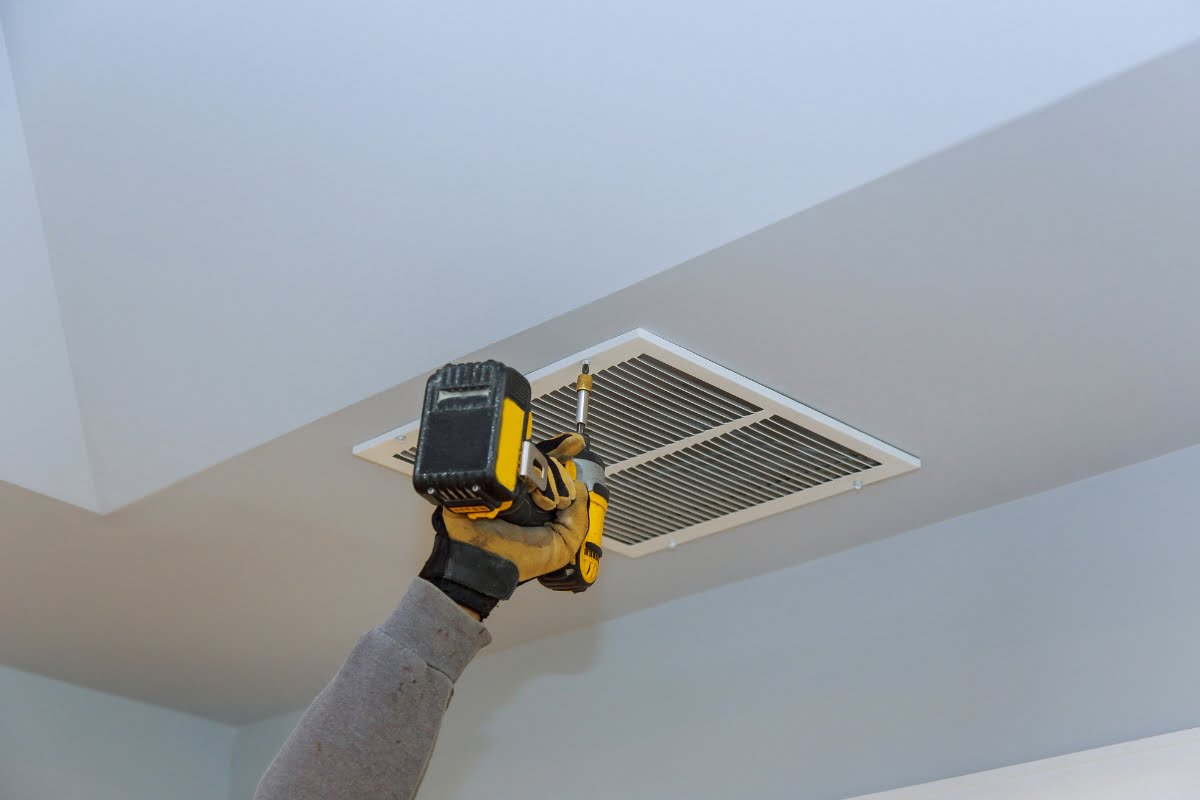
Identifying signs of aging and wear in an HVAC system is essential for making informed decisions during a real estate transaction.
- Frequent Breakdowns or Repairs: Regularly needing to call in technicians for repairs or experiencing frequent breakdowns is a strong indicator that the HVAC system is aging and may have underlying issues that could lead to more significant problems.
- Outdated Technology: Advancements in HVAC technology have led to improved energy efficiency and features such as smart thermostats and zoning capabilities. If the system lacks these modern advancements, it may be outdated and less energy-efficient, resulting in higher utility bills.
- Poor System Performance: Uneven heating or cooling throughout the home, excessive noise during operation, or inconsistent airflow can be signs that the HVAC system is struggling to perform efficiently. These issues can negatively impact comfort and may indicate that the system is nearing the end of its functional life.
- Age of the System: Most HVAC systems have a lifespan of 15 to 20 years. If the system is approaching or has exceeded this age range, it is likely time to consider a replacement, as older systems may no longer perform efficiently or comply with current environmental regulations.
- Increasing Utility Bills: If you notice a significant increase in energy bills without a corresponding increase in usage, it could be a sign that the HVAC system is becoming less efficient as it ages and requires more energy to maintain comfortable temperatures.
By being aware of these signs, you can better assess whether the system requires immediate attention or if it’s nearing the end of its useful life, allowing you to make informed decisions about repairs, replacements, or price negotiations.
Importance of Regular Maintenance for HVAC Systems
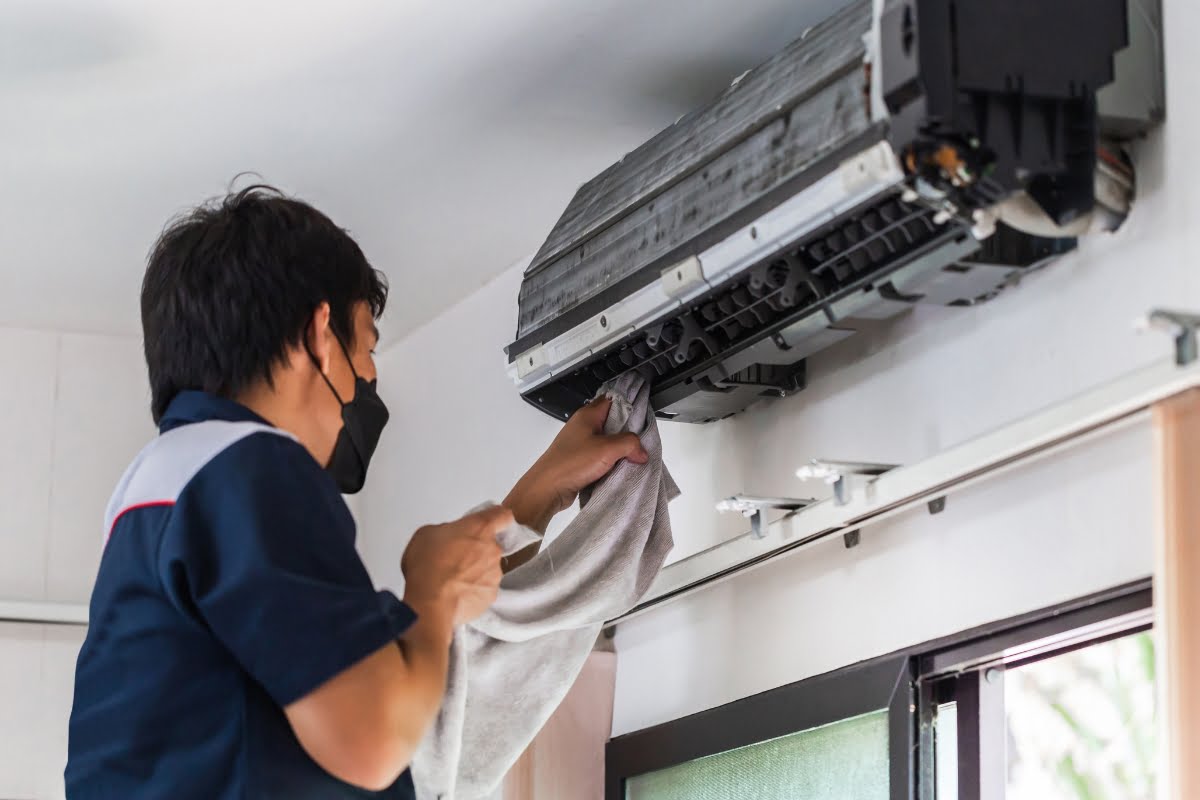
Regular maintenance of HVAC systems is essential for ensuring they operate at peak efficiency and for extending their lifespan.
Routine maintenance tasks, such as changing or cleaning air filters, checking refrigerant levels, and inspecting and cleaning ductwork, help prevent the accumulation of dirt, debris, and wear that can hinder system performance. These preventative measures can also catch minor issues before they escalate into costly repairs, saving homeowners money in the long run.
Additionally, well-maintained HVAC systems consume less energy, leading to lower utility bills. Clean filters and properly functioning components ensure that the system doesn’t have to work as hard to heat or cool your home, reducing energy consumption and minimizing your environmental impact.
For potential homebuyers, it’s crucial to assess the maintenance history of the HVAC system in a property. A system that has been consistently serviced by a professional is likely to be in better condition, with fewer potential issues and a longer remaining lifespan.
Keep in mind that a system that has been neglected may require significant repairs or replacement sooner than expected, adding to the overall cost of the home. Ensuring regular maintenance not only keeps the system running efficiently but also provides peace of mind that it will continue to do so for years to come.
Energy Efficiency and Cost-Saving Tips for Homebuyers

In the search for a new home, energy efficiency is an essential factor that can lead to significant long-term savings and a reduced environmental impact. Here are some key tips for homebuyers looking to prioritize energy efficiency:
- Check HVAC Efficiency Ratings: Look for high SEER (Seasonal Energy Efficiency Ratio) ratings for air conditioners and AFUE (Annual Fuel Utilization Efficiency) ratings for furnaces. Higher ratings indicate better energy efficiency, which can lower your utility bills. A system with a SEER rating of 14 or higher and an AFUE rating above 90% is generally considered efficient.
- Evaluate Home Insulation: Proper insulation is critical for maintaining comfortable indoor temperatures and reducing energy consumption. Ensure the home has adequate insulation in the attic, walls, and floors. This helps retain conditioned air, reducing the workload on your HVAC system and preventing energy loss.
- Check for Air Leaks: Inspect the home for air leaks around windows, doors, and ductwork. Sealing these leaks with weatherstripping or caulking can prevent energy loss and improve the overall efficiency of the home’s HVAC system.
- Inquire About Smart Thermostats: Smart thermostats or programmable controls allow you to set temperature schedules that align with your daily routine. By automatically adjusting the temperature when you’re away or asleep, these devices can help you avoid wasting energy and reduce your utility bills.
- Look for Energy-Efficient Windows: Energy-efficient windows with double or triple glazing can help reduce heat transfer, keeping your home cooler in the summer and warmer in the winter. This reduces the strain on your HVAC system and contributes to overall energy savings.
- Consider Renewable Energy Options: If the home includes renewable energy features, such as solar panels, this can significantly reduce your reliance on traditional energy sources and lower your monthly energy costs. Inquire about any existing renewable energy installations and how they contribute to energy savings.
By focusing on these energy efficiency tips during your home search, you can ensure that your new home is not only comfortable but also cost-effective and environmentally friendly in the long run.
Hidden HVAC Issues to Look Out For During Inspection
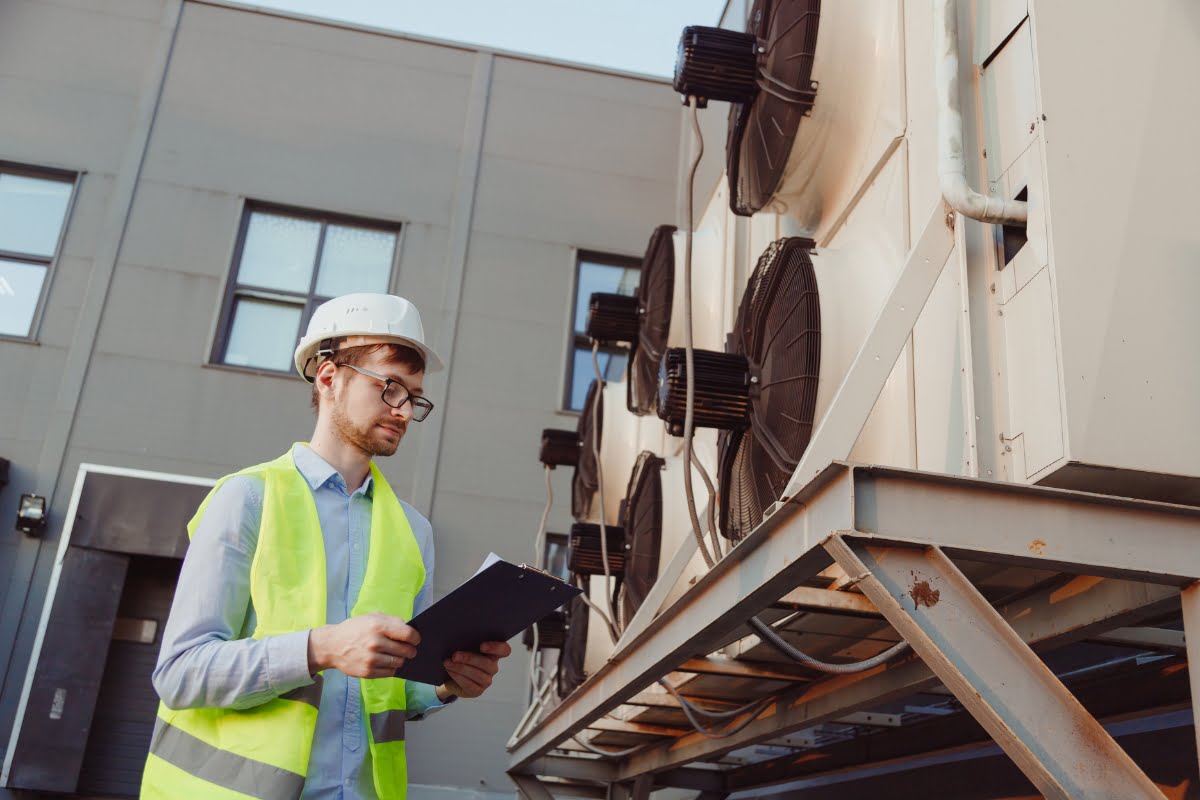
When inspecting an HVAC system in a real estate property, it’s essential to identify potential hidden issues that might not be immediately visible. These problems can affect the system’s efficiency and lifespan, leading to unexpected repair costs down the road. Here’s a list of key areas to focus on:
- Ductwork Leaks or Gaps: One of the most common hidden issues is leaky ductwork. Inspectors should check for any leaks or gaps in the ducts that could lead to air loss, reduced efficiency, and compromised airflow. These issues can result in uneven heating and cooling, as well as higher energy bills. Sealing any gaps or leaks can improve system performance and reduce energy waste.
- Poor Indoor Air Quality: The quality of indoor air is crucial for a healthy living environment. Inspectors should assess whether the HVAC system’s filtration system is effectively removing pollutants and allergens from the air. Poor air quality can lead to health problems such as allergies or respiratory issues. Check for dirty or clogged filters, and ensure that the system is equipped with proper ventilation and air purification.
- Aging or Damaged Components: Inspect the HVAC system’s key components, such as the compressor, evaporator coil, and blower motor. Signs of corrosion, excessive dirt or debris, or unusual noises can indicate potential problems. These components are critical to the system’s operation, and any issues could lead to costly repairs or system failure. It’s important for the home inspector to evaluate the system’s age, as older units are more prone to wear and may need replacement soon.
- Thermostat Functionality: Ensure that the thermostat is functioning correctly. A malfunctioning thermostat can cause temperature inconsistencies, leading to inefficient heating or cooling. Verify that the thermostat accurately reflects the temperature and is responsive to adjustments. If the property has a programmable thermostat, check if the settings are working as intended.
- Refrigerant Levels and Lines: Low refrigerant levels or damaged refrigerant lines can reduce the efficiency of the HVAC system and lead to inadequate cooling. Inspectors should check for refrigerant leaks and ensure that the levels are within the recommended range. Low refrigerant can cause the system to work harder, increasing energy consumption and the risk of component failure.
By focusing on these hidden HVAC issues during inspections, both buyers and sellers can address potential problems early, ensuring the system is in good working condition and preventing unexpected expenses, making the initial HVAC inspection cost a strong investment.
Benefits of Professional HVAC Inspections for Homebuyers
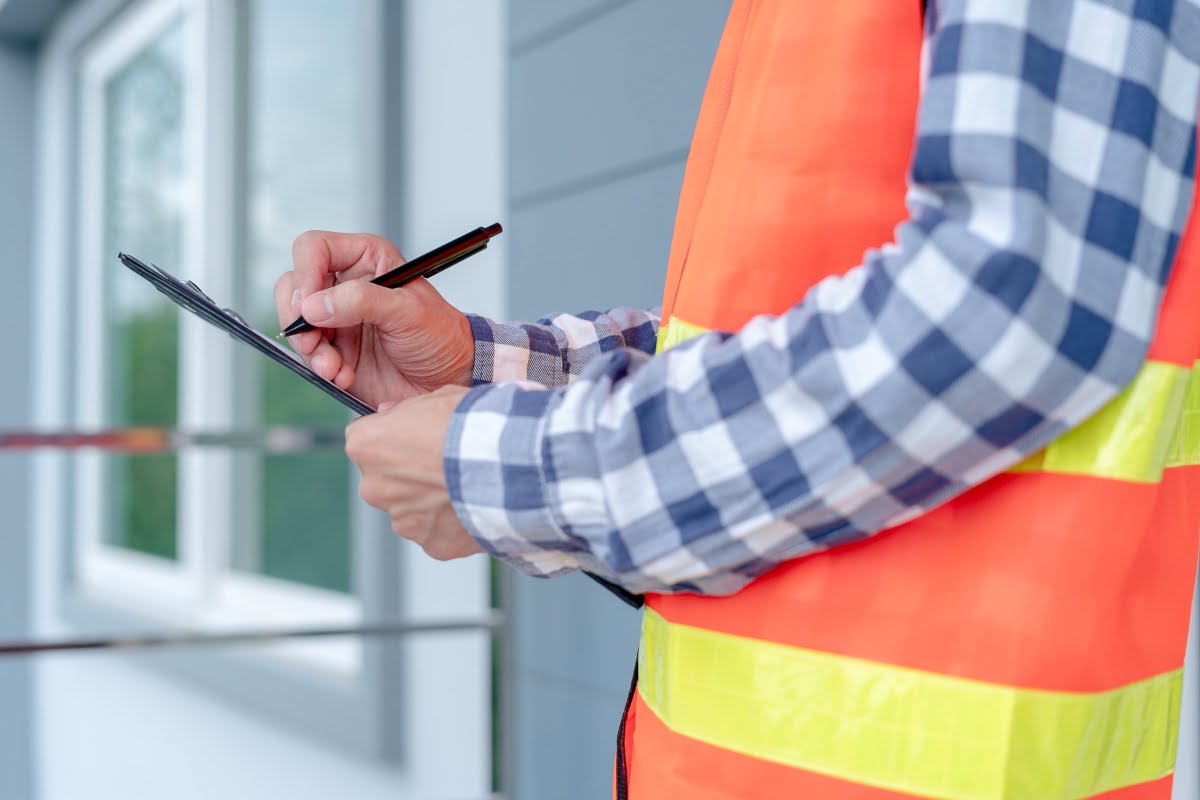
Professional home HVAC inspections offer homebuyers a thorough evaluation of the system’s condition, providing several critical benefits that go beyond a simple visual check. Here’s a breakdown of the key advantages:
- Expert Knowledge and Detailed Assessments: Professional HVAC technicians possess specialized knowledge that allows them to identify potential issues that might be overlooked during a basic inspection. They examine critical components such as compressors, motors, coils, and electrical connections with precision. This expertise ensures that any signs of wear, damage, or inefficiency are detected early, potentially saving the buyer from costly repairs down the line.
- Performance Testing: A professional inspection typically includes performance tests that measure the system’s efficiency and output. These tests assess the system’s capacity to maintain the desired indoor climate, check for proper airflow, and detect any irregularities that could affect performance. Identifying inefficiencies early can help prevent future breakdowns and improve the system’s overall energy efficiency, leading to long-term savings on utility bills.
- Documentation for Negotiation: After the inspection, the HVAC technician provides a detailed report outlining the system’s condition. This documented evidence can be invaluable during the negotiation process. If issues are found, buyers can use the report to request repairs or negotiate a lower purchase price. This ensures that buyers are fully informed about the system’s condition and can make a decision based on accurate information.
- Peace of Mind: Investing in professional central HVAC inspections provides peace of mind. Knowing that a qualified expert has thoroughly assessed the system reduces uncertainty and ensures that there won’t be any unwelcome surprises after moving in. This can be particularly important for first-time homebuyers who may be unfamiliar with HVAC systems.
By opting for a professional HVAC system inspection, homebuyers gain a deeper understanding of the system’s health, making their investment more secure and informed.
Negotiation Strategies Based on HVAC Inspection Findings

After completing a real estate HVAC equipment inspection, you’ll have the information needed to negotiate effectively. Depending on the issues identified, here are several strategies to help secure a fair deal:
- Request Repairs or Replacements: If the inspection reveals minor issues, such as outdated technology or worn-out components, you can negotiate for the seller to address these problems before closing. This approach ensures that you won’t have to deal with immediate repair expenses once you move in. It’s important to be specific in your request, detailing the necessary repairs or upgrades, such as replacing an old thermostat with a modern programmable one or fixing a leak in the ductwork.
- Negotiate a Price Reduction: In cases where major issues are uncovered, such as a failing compressor, extensive ductwork damage, or an aging system nearing the end of its lifespan, you may want to negotiate a lower purchase price. This reduction in price accounts for the future costs you’ll incur to repair or replace the HVAC system. Be sure to gather estimates from professionals so you can justify your request with solid numbers.
- Request a Seller Credit: Another strategy is to request a credit from the seller at closing, which can be used to offset the cost of repairs or replacements. This approach gives you more control over the timing and quality of the work, as you can choose your contractors and ensure the job is done to your standards.
- Consider a Home Warranty: If the HVAC system is functioning but shows signs of aging, you might negotiate for the seller to provide a home warranty that covers HVAC repairs for the first year. This can provide peace of mind, knowing that if any issues arise shortly after moving in, you won’t be solely responsible for the repair costs.
- Walk Away if Necessary: If the HVAC pro inspecting your property discovers extensive damage or a system that is beyond repair, and the seller is unwilling to negotiate, it may be wise to walk away from the deal. Sometimes, the cost of repairs or replacement can be too high to justify the purchase.
By employing these negotiation strategies, you can ensure that any HVAC issues are addressed, making your new home a more comfortable and financially sound investment.
Conclusion: Empowering Homebuyers to Make Informed HVAC Decisions
An HVAC real estate inspection is not just another item on your homebuying checklist; it’s an essential step towards ensuring comfort and cost-efficiency in your new home. By prioritizing the health and efficiency of your future home’s HVAC system, you’re investing in long-term comfort and peace of mind. Welcome to a smarter way of homebuying!
For expert guidance and thorough HVAC inspections, trust A.D. Campbell HVAC to ensure your investment is a sound one. Our experienced team of HVAC specialists is here to provide detailed assessments and reliable HVAC solutions. Contact us today at (404) 882-8226 or submit a service request through our site form. Let A.D. Campbell HVAC help you navigate the HVAC aspects of your real estate journey with confidence and get an HVAC inspection today!



